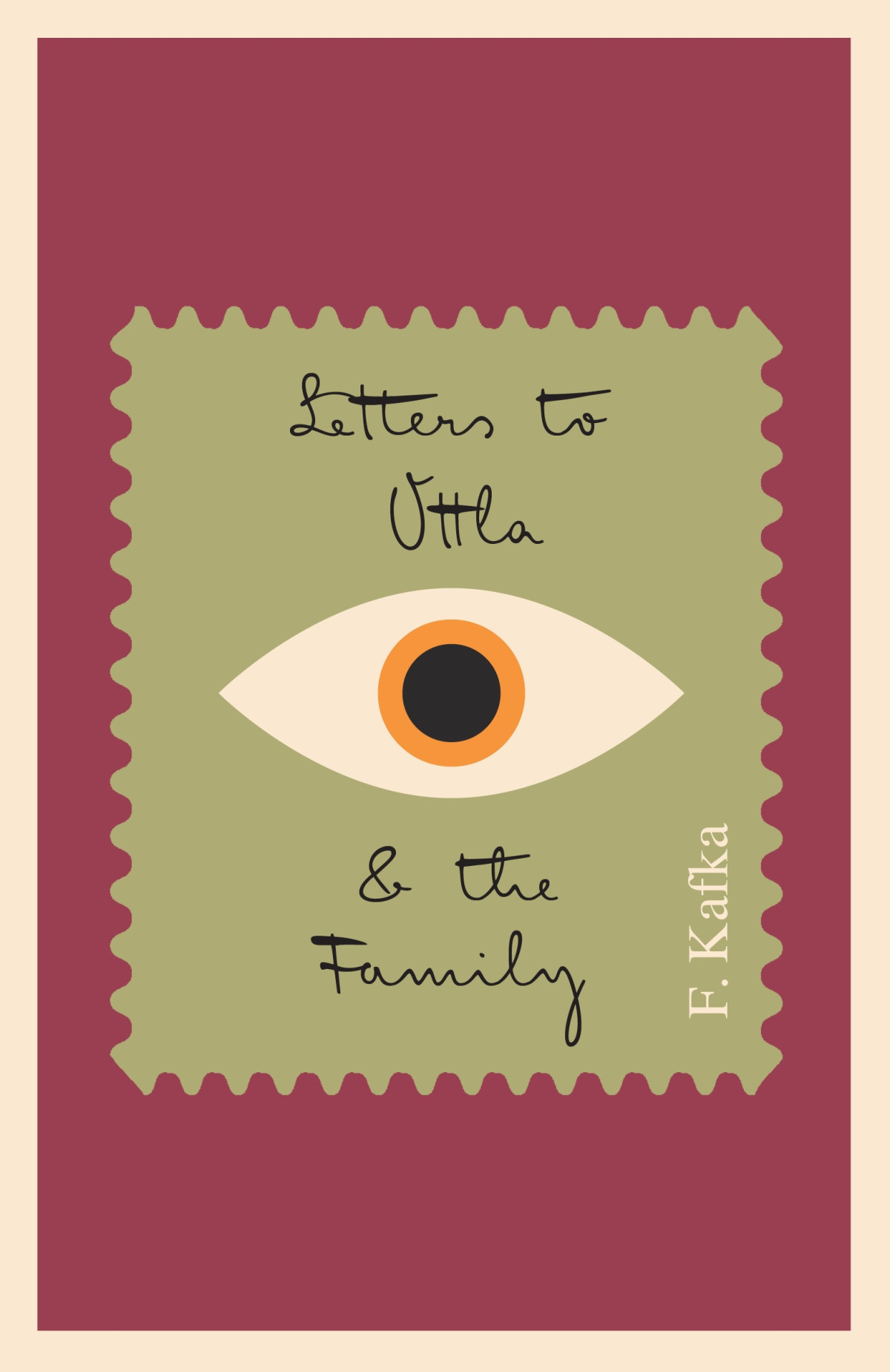

Most ebook files are in PDF format, so you can easily read them using various software such as Foxit Reader or directly on the Google Chrome browser.
Some ebook files are released by publishers in other formats such as .awz, .mobi, .epub, .fb2, etc. You may need to install specific software to read these formats on mobile/PC, such as Calibre.
Please read the tutorial at this link: https://ebookbell.com/faq
We offer FREE conversion to the popular formats you request; however, this may take some time. Therefore, right after payment, please email us, and we will try to provide the service as quickly as possible.
For some exceptional file formats or broken links (if any), please refrain from opening any disputes. Instead, email us first, and we will try to assist within a maximum of 6 hours.
EbookBell Team

4.4
82 reviewsWritten by Franz Kafka between 1909 and 1924, these letters offer a unique insight into the workings of the Kafka family, their relationship with the Prague Jewish community, and Kafka’s own feelings about his parents and siblings. A gracious but shy woman, and a silent rebel against the bourgeois society in which she lived, Ottla Kafka was the sibling to whom Kafka felt closest. He had a special affection for her simplicity, her integrity, her ability to listen, and her pride in his work. Ottla was deported to Theresienstadt during World War II and volunteered to accompany a transport of children to Auschwitz in 1943. She did not survive the war, but her husband and daughters did and preserved her brother’s letters to her. They were published originally in German in 1974, and in English in 1982.
“Kafka’s touching letters to his sister, when she was a child and as a young married woman, are beautifully simple, tender, and fresh. In them one sees the side of his nature that was not estranged. It is lucky they have been preserved.” - V. S. Pritchett, The New York Review of Books
FRANZ KAFKA was born in 1883 in Prague, where he lived most of his life. He published only a few short stories, including “The Metamorphosis,” “The Judgment,” and “The Stoker.” He died in 1924, before completing any of his full-length novels. At the end of his life, Kafka asked his lifelong friend and literary executor Max Brod to burn all his unpublished work. Brod overrode those wishes.